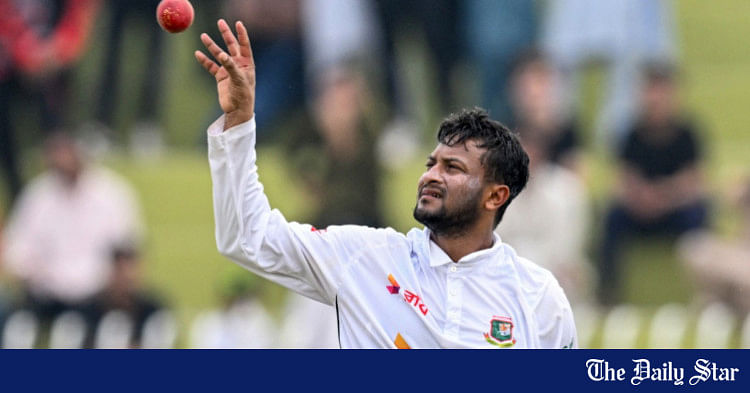Middle East/Africa Israel plans to expand Golan settlements after fall of Assad
- By Mainerik
- Middle East & African Affairs
- 0 Replies
Israel plans to expand Golan settlements after fall of Assad
Israel to expand Golan Heights settlements after fall of Assad
Israel to expand Golan Heights settlements after fall of Assad







 ones I have a hard time figuring out... both Urdu and Hindi.
ones I have a hard time figuring out... both Urdu and Hindi.







